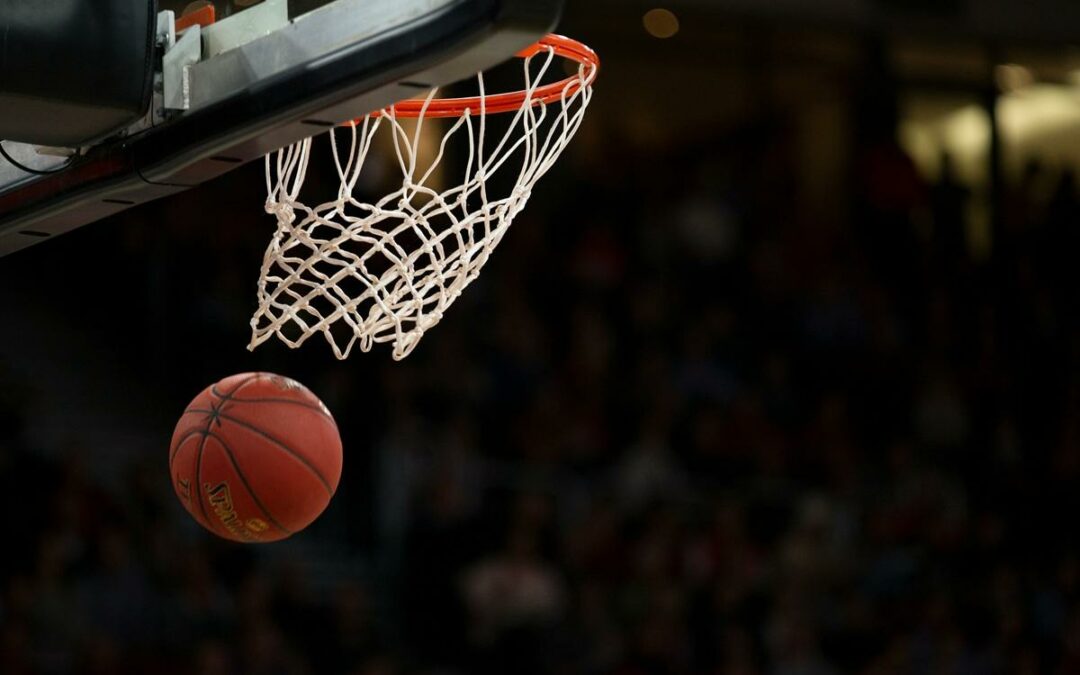Sports & Business news site Front Office Sports is reporting that US neobroker Robinhood had removed its “NCAA Tournament prediction markets” offering in New Jersey, under pressure (and a cease and desist letter it received) from state gaming regulators.
We had reported earlier this month that Robinhood (NASDAQ:HOOD) was launching what amounts to full fledged sports betting, via CFTC regulated event contacts offered by KalshiEX LLC, a CFTC regulated exchange. The first product to be offered was betting on the annual “March Madness” US College Basketball championship – one of the more heavily bet events in the sports world.
That followed a failed attempt by Robinhood earlier this year to offer a Super Bowl event contract, which it also pulled soon after launch following regulator pressure.
According to Front Office Sports, the New Jersey Department of Gaming Enforcement sent a “cease-and-desist” letter to Robinhood and Kalshi last week, accusing them of “listing unauthorized sports wagers.”
A Robinhood spokesperson was quoted as saying in response,
“Event contracts offered by Robinhood Derivatives are federally regulated by the CFTC and offered through CFTC-registered entities, assuring that retail customers can access these prediction markets in a safe and regulated manner. While we do not believe these contracts run afoul of any state laws, we are no longer allowing New Jersey residents to enter new positions for the Men’s and Women’s Basketball Tournament event contacts.”
Kalshi later announced that it had filed lawsuits in US Federal Court against both the Nevada Gaming Control Board, and the New Jersey Division of Gaming Enforcement. Kalshi founder Tarek Mansour released a statement noting,
“The threatened actions in Nevada and New Jersey seek to undermine not just Kalshi’s contracts, but the authority granted by Congress to the Commodity Futures Trading Commission.”
Part of the issue playing out between Kalshi and the state gaming regulators – with Nevada and New Jersey being among the largest and most organized, given the number of large casinos in their jurisdictions – is whether sports gambling is a Federal or State issue in the United States. There’s also the questions of whether sports betting “event contracts” issued by a CFTC regulated exchange like Kalshi should also be subject to the same rules (and high fees) as state sanctioned gambling venues. Sports gambling is legal in 39 of the 50 US states.









